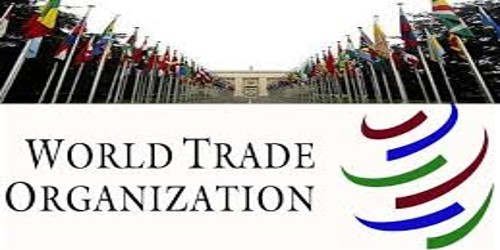Differences between WTO and GATT
The World trade Organization (WTO) is not simple extension of General Agreement on Tariff and Trade (GATT). On the contrary, it is not only completely replaces its predecessor but also plays a very different character. Among the principal differences are the following:
- The GATT was a set of rules with no institutional foundation, only a small association secretarial which has its origins’ in the attempt to establish an International Trade Organization along with World Bank and IMF. The WTO is a permanent institution with its own secretariat.
- The GATT was applied on a provisional basis even if, after more than forty years, members treated it as permanent commitment. The WTO containments are full and permanent.
- The GATT applies rules to trade only in goods. The WTO covers trade, services and trade related aspects of intellectual property in addition to goods.
- While GATT was a multilateral instrument, by the 1980, many new agreements had been added of a multilateral and therefore selective nature. The agreements which constitute the WTO are almost all multilateral and thus, involve commitments for the entire membership.
- The WTO dispute settlement mechanism is much faster, more automatic, and thus much less susceptible to blockages than the old GATT system. The implementation of WTO dispute findings will also be more easily assured.
- GATT was exclusively capitalist club whereas WTO is more broad based. GATT chief executive was always from OECD countries, Whereas WTO Director General; although 1st one from Ireland (Mr. Peter Sutherland) second one from Italy (Mr. Renato Reggiero) is likely to rotate like secretary General of UNO. Present DG is Mr. Mike Moore (New Zealand) and fourth DG will be Mr. Supchai panitchpakdi (Thailand) from 2002.
However GATT (1948) continued to exist until the end of 1995, thereby allowing time for all GATT members, to accede to the WTO and permitting an overlap of activities in areas like dispute settlement. Moreover GATT lives on as ‘GATT 1994’, the amended and updated version of ‘GATT 1948’ which is an integral part of the WTO agreement and which continues to provide the key disciplines affecting international trade in goods.
















